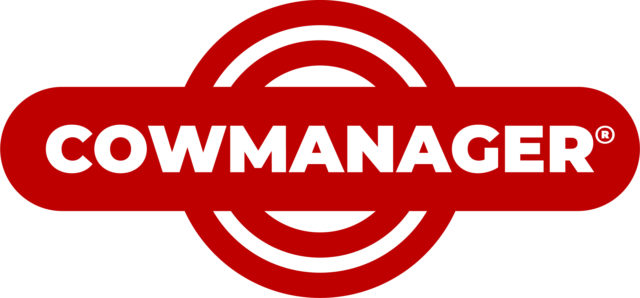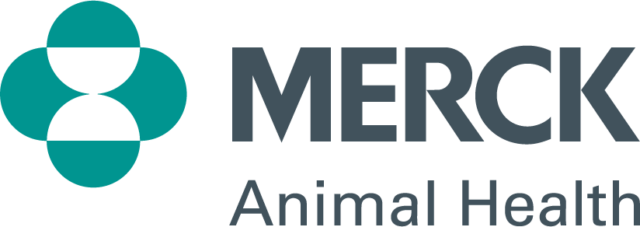As a checkoff-paying cattle raiser and chairman of our Beef Checkoff Program’s Joint Evaluation Committee, I want to know that our checkoff dollars are being used as effectively and efficiently as possible. With that in mind, I am always on the lookout for ways to leverage our dollars further and constantly improve results of our investments to the bottom lines of all cattle producers and importers who pay the checkoff assessment.
Last year, the checkoff commissioned the Beef Demand Determinant Study, which has already been a tremendous guide for us in planning future checkoff programs by addressing those beef demand drivers this industry has the best chance of affecting most.
I am also happy to share with all checkoff payers that we are commissioning two additional third-party studies this year. Those follow-up studies to the demand determinant results will include a return on investment (ROI) study and an efficiency analysis, both of which will be completed within the FY 2014 checkoff evaluation program budget.
The ROI study is something that the USDA requires of every research and promotion program at least every five years. Dr. Ron Ward of the University of Florida completed the last checkoff ROI study for the Beef Board in 2009.
He used a comprehensive econometric model to conclude that, for every dollar invested in the Beef Checkoff Program, producers received $5.55 in value back, which amounts to an ROI of 555 percent. That’s pretty impressive, I think.
This year’s study is being done by Dr. Harry Kaiser, a nationally recognized expert in the economics of generic advertising and promotion programs. He has performed similar analyses for numerous organizations, including the dairy and pork checkoffs and the U.S. Meat Export Federation.
Dr. Kaiser currently serves as a professor of applied economics and management at Cornell University. His methodology varies from the checkoff’s previous ROI studies in that it delves deeper into specific areas of investment rather than simply delivering an average ROI.
The full report will be available later this month when Dr. Kaiser will be on hand at the Cattle Industry Summer Conference in Denver, Colorado, to visit first-hand with producers about this study.
We think you will be pleasantly surprised with the results of how well your checkoff investment has performed over the last seven years, 2006 to 2013. You will have to wait for the full release to learn more about how your checkoff investment in national programs is performing by program area as well as other valuable information.
Hand-in-hand with the ROI study, and using data generated by Dr. Kaiser, the second study is being conducted by Dr. David Rockland, CEO and managing director of Ketchum Change and Global Research Group.
He is currently the chairman of the International Association for Measurement and Evaluation of Communication and has extensive experience in program evaluation for companies and organizations worldwide.
This efficiency study, as recommended by the evaluation task force to the evaluation advisory committee, will identify common key metrics to determine how each individual program affects beef demand.
The study comprises two parts: a performance-efficiency analysis and a cost-efficiency analysis, and it will help identify metrics (e.g., percentage of target audience reached with demand-driving messages) to enhance development and tracking of performance trends for checkoff programs in coming years.
The full evaluation advisory committee will decide on next steps for this study during its meeting at the Cattle Industry Summer Conference later this month.
Combined, these research projects will provide beef producers and importers who serve on the Beef Board and the Federation of State Beef Councils with answers and additional information for critical decision-making in times of reduced funding for the Beef Checkoff Program. I look forward to reporting the results of these studies to all checkoff payers later this year, so stay tuned. PD
Ted Greidanus of Visalia, California, has worked on his family’s calf nursery since 1977 and has been employed full-time raising calves since 1984. His company, Calftech, specializes in raising Holstein bull calves for beef production.
The Beef Checkoff Program was established as part of the 1985 Farm Bill. The checkoff assesses $1 per head on the sale of live domestic and imported cattle, in addition to a comparable assessment on imported beef and beef products. States retain up to 50 cents on the dollar and forward the other 50 cents per head to the Cattlemen’s Beef Promotion and Research Board, which administers the national checkoff program, subject to USDA approval.

Ted Greidanus
Calftech
Visalia, California




